Israel-bashing comes to the Fringe
Those calling for the boycotting of an Israeli show are censors in liberal clothing.
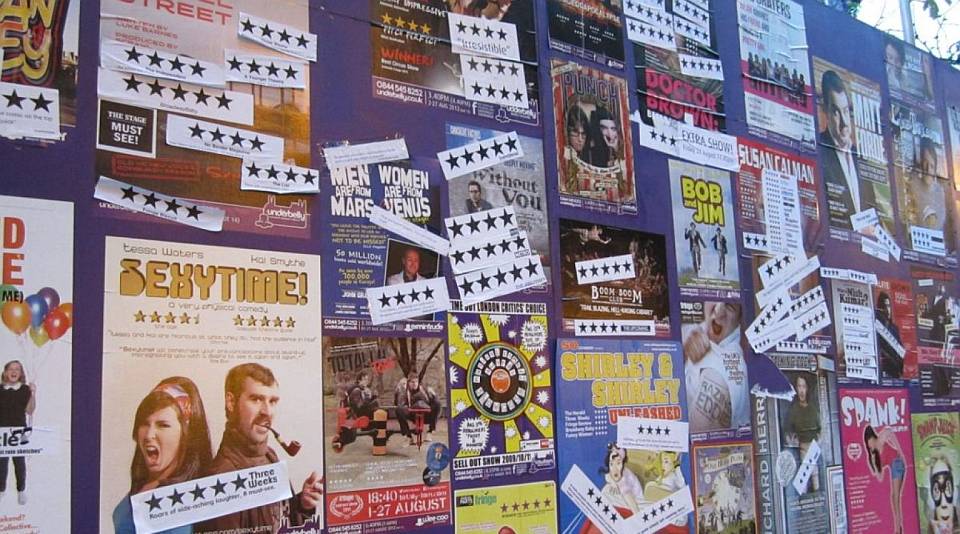
Want unlimited, ad-free access? Become a spiked supporter.
‘Humphrey Bogart meets Jay-Z in a gritty and darkly comic whodunit hip-hop opera.’ That’s how The City, by the Incubator Theatre, is described in the publicity material for this year’s Edinburgh Fringe Festival. Who would have thought that a piece of musical theatre, with a nod to film noir, would provoke sententious calls for a boycott from prominent members of Scotland’s artistic community? But Incubator Theatre, Jerusalem’s leading professional theatre company, is in part funded by Israel’s Ministry of Culture and therefore will not be tolerated at an international arts festival backed by a self-described liberal group of artists who are clearly not so liberal after all.
The Edinburgh Fringe Festival is one of the largest and greatest arts festivals in the world. Performers from all over the globe congregate in one small(ish) city for three weeks. One of its attractions is that it brings a hugely diverse range of people to the Scottish capital. This year’s festival is taking place within a few weeks of the Scottish independence referendum, so it should be an especially rambunctious affair, packed full of debate on political questions as well as the usual cultural offerings. But instead of applauding the Fringe and celebrating what is on show, it seems there are many cultural figures calling for restrictions on what should be on offer – in other words, censorship.
Scotland’s national poet Liz Lochhead is one of more than 50 cultural figures demanding the cancellation of The City, which is due to be staged at the Underbelly venue. Lochhead has signed an open letter, along with Alasdair Gray, David Greig, Ben Harrison, Graham McLaren, Cora Bissett and others, which states: ‘We the undersigned… write to you to protest against your programming of a show entitled The City, by the Israeli company Incubator Theatre, during the forthcoming Edinburgh Festival Fringe. The current brutal assault by Israel on the people of Gaza, which is an appalling collective punishment, underlines the seriousness of your error in co-operating with the company which is funded by the Ministry of Culture of the state of Israel.’
Lochhead explained her decision to support a boycott of Israeli artists and academics in a separate statement saying: ‘This is part of a necessary process – this boycotting – if a painful one for all liberals – because we, the international community, must protest by any means possible Israel’s current actions in Gaza, and indeed its ongoing illegal treatment of all Palestinians.’
Many people are horrified by what is happening in Gaza, but censorship is never the answer to any problem. And artists should never try to shut down the work of other artists. Rather, all artists should have artistic freedom no matter where they are from, who they are funded by, or, as it happens, what they are saying.
The City is hardly the most political artwork – it is a murder mystery sung in rhyme, inspired by hip-hop, hardboiled fiction and 1940s detective films. It is funded in part by the Israeli state, but it also has other sources of funding, including the Beracha Foundation, which seeks to promote Jewish-Arab coexistence. The company’s director, Arik Eshet, is a former board member of Waah-at i-sal-aam/Ne-ve shal-om, a community school jointly established by Jewish and Palestinian citizens of Israel.
In response to the calls for the withdrawal of The City, Eshet said: ‘We are not agents of the government of Israel. Yes, we do receive funds from [the government], although only in the last two years. We started in pubs making satire and it was usually at the expense of the establishment, and we get support from [the government] even though we are not politically correct.’
Defending the calls for the boycott, theatre critic Mark Brown, who orchestrated the letter, said: ‘As can be seen in contracts it issues to arts companies which it funds, the Israeli state uses its artists to attempt to give itself a sense of legitimacy, normalcy and prestige internationally. I spoke to Eshet before the boycott campaign was launched. He claims to oppose the occupation, yet there is no mention of it on his company’s website. Unlike other, brave Israeli artists who refuse state funding, he defended taking money from the Israeli Ministry of Culture and Sport on the dubious grounds that he is “an artist, not a politician”.’
Hypocrisy abounds. Most of the artists calling for a boycott have themselves been funded at some time by the Scottish government. And, as can be seen from the Commonwealth Games or the Great campaign, Scotland and England are not averse to using culture as a form of soft power themselves. The group calling for the ban seem happy to take state funding, and not be aligned to the Scottish government’s position on foreign or domestic affairs, but they do not accept that it is possible for Israeli artists to do the same.
It is disturbing that Brown believes that a theatre company from Israel should, if it is to be accepted into the Fringe, make a public statement on its website to say it is opposed to the occupation. Does Brown want every Israeli theatre company publicly to declare themselves opposed to the occupation, whether they are political or not? Wouldn’t this amount to telling theatre companies what they should and shouldn’t say, on pain of a ban? It appears that only one point of view is allowed by this coterie of Scottish artists and that it must be worn publicly at all times.
If The City was a political play, if it defended the actions of the Israeli state, it still should not be subjected to censorship. By all means argue over and debate the merits of a piece of art, but don’t try to silence it. Artists need to be free to not have an opinion, and when they do, to be able to express it.
Not everyone supports the demands made by Lochhead and pals. To her credit, Scotland’s culture minister Fiona Hyslop rejected the calls for a ban. ‘I don’t believe cultural boycotts are consistent with the rights of artists to the freedom of expression’, she said. The composer James MacMillan has also publicly disassociated himself from such a censor-happy campaign, tweeting: ‘I would like to publicly support the Fringe in promoting freedom of expression for all artists, regardless of creed or nation.’ And a spokesperson from The City’s venue argued that ‘all artists, from whatever creed or nation, must have the freedom of expression’. That is right.
This campaign is one of many calls to boycott cultural productions from Israel. Two years ago there were protests outside performances of the Israeli dance company Batsheva at the Edinburgh International Festival. That same year, demonstrators disrupted a live Proms performance by the Israeli Philharmonic. Actors and directors, including Emma Thompson and Mark Rylance, even called on the Globe Theatre to withdraw its invitation to Habima – an Israeli theatre company – citing, as a reason, the fact that Habima had performed in the Israeli West Bank settlement of Ariel.
The demands for censorship speak to the illiberal tendencies of much of the art world and their self-important overestimation of the impact of cultural boycotts. They are the kind of artists who call for artistic freedom for themselves, and for those whose opinions they approve of, but deny it to those who they disapprove of, or, in this case, those whose countries they disapprove of. So, if you really value artistic freedom, don’t miss The City at this year’s Fringe.
Tiffany Jenkins is a cultural sociologist and author of Contesting Human Remains in Museum Collections: The Crisis of Cultural Authority, published by Routledge. (Buy this book from Amazon(UK)). Visit Tiffany’s website here.
£1 a month for 3 months
You’ve hit your monthly free article limit.
Support spiked and get unlimited access.
Support spiked – £1 a month for 3 months
spiked is funded by readers like you. Only 0.1% of regular readers currently support us. If just 1% did, we could grow our team and step up the fight for free speech and democracy.
Become a spiked supporter and enjoy unlimited, ad-free access, bonus content and exclusive events – while helping to keep independent journalism alive.
———————————————————————————————————————————–
Exclusive January offer: join today for £1 a month for 3 months. Then £5 a month, cancel anytime.
———————————————————————————————————————————–
Monthly support makes the biggest difference. Thank you.
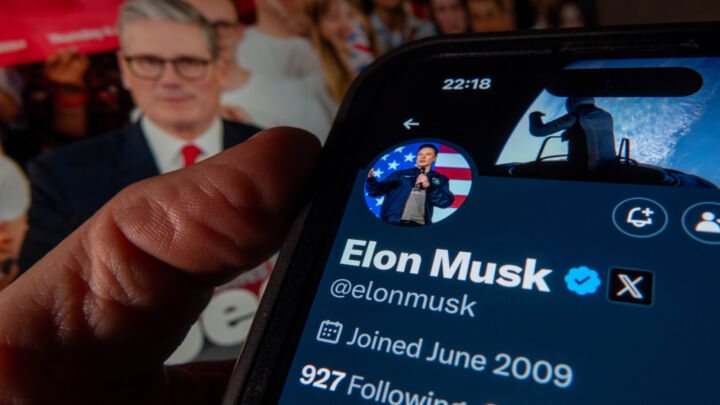
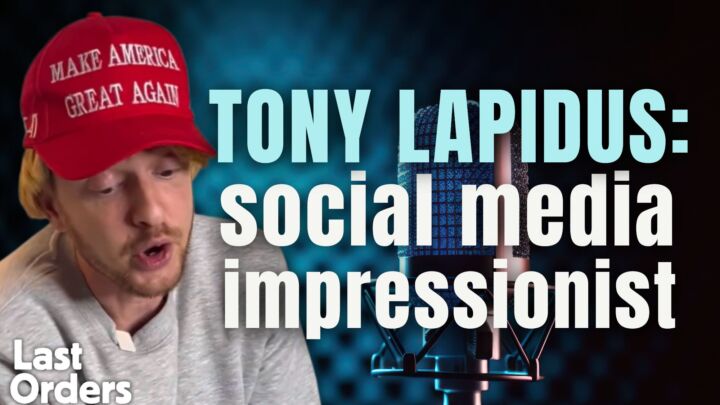
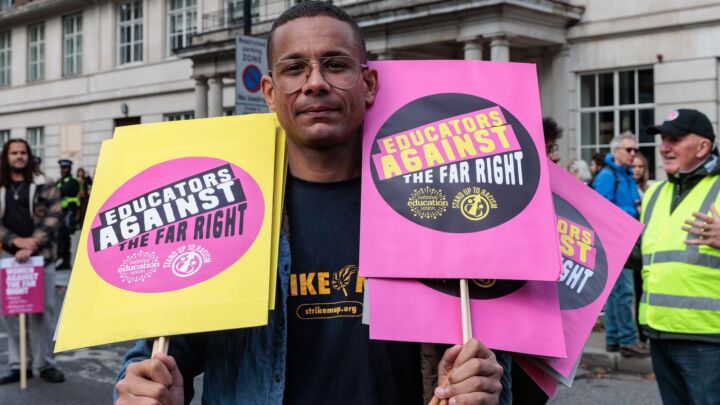
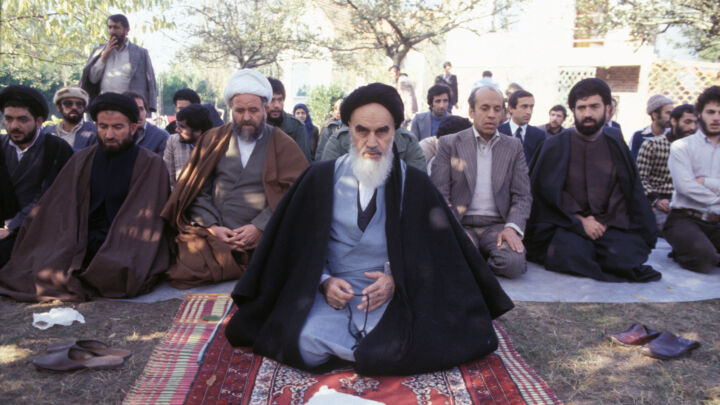
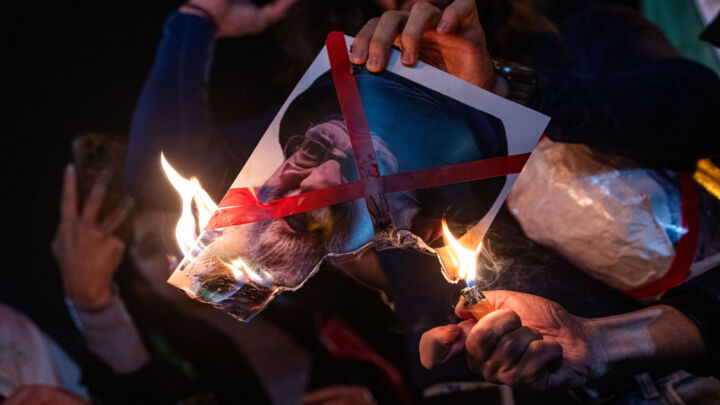
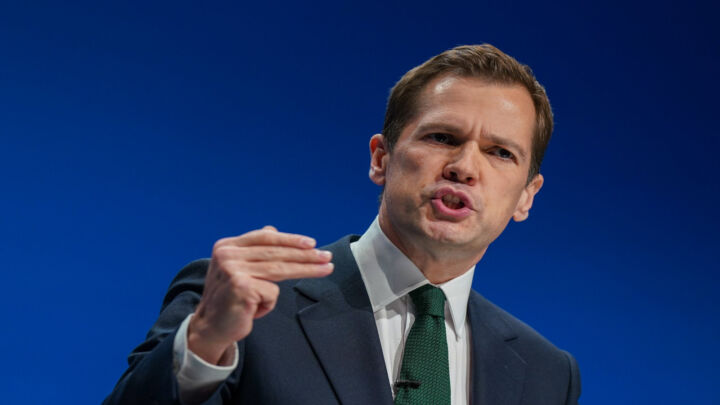
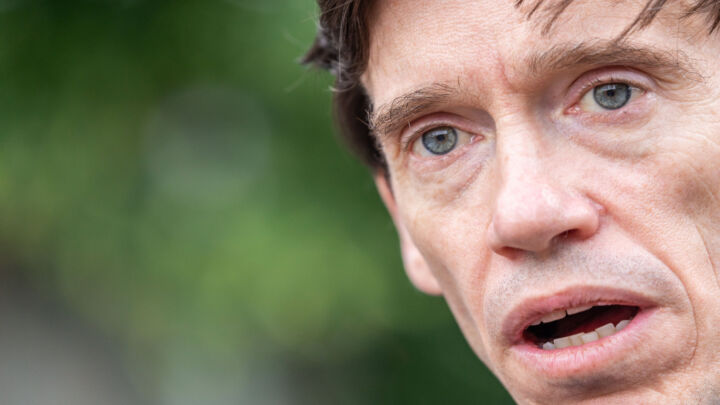

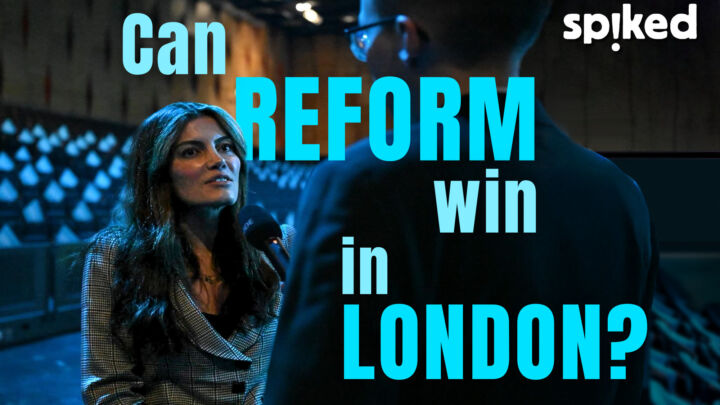

Comments
Want to join the conversation?
Only spiked supporters and patrons, who donate regularly to us, can comment on our articles.